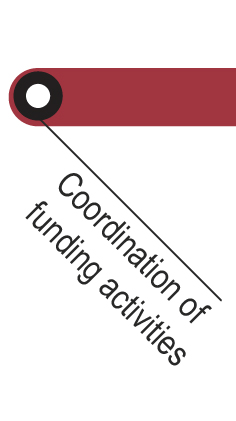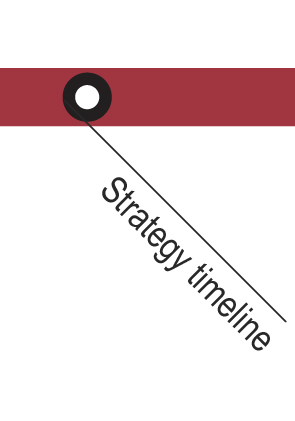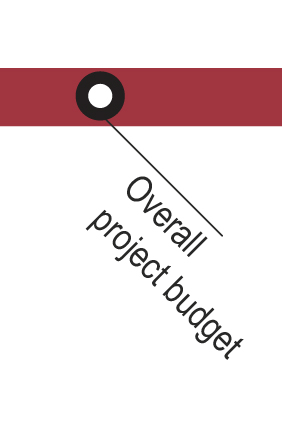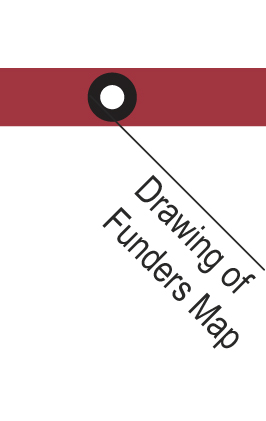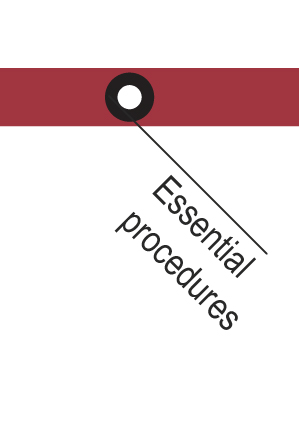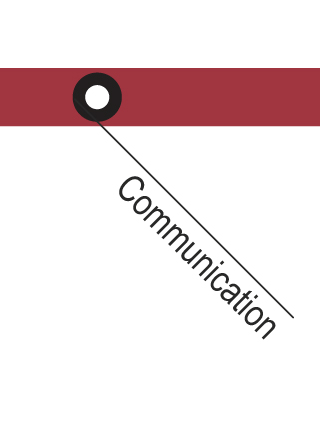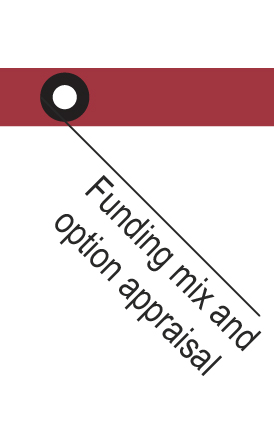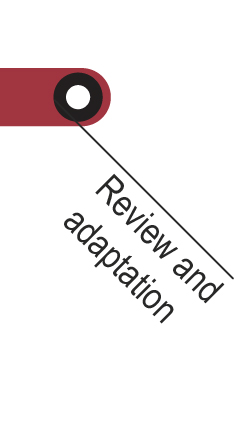REVIEWING & ADAPTING the Funding Strategy helps to maintain high levels of coherence and relevance in view of a constantly evolving environment.
 Change always happens. It is inevitable that the original project design and its funding strategy will need to be adjusted to accommodate evolving circumstances and developments. This might be caused by changing community needs, shifts in strategic funding priorities, new funding programmes coming on stream, evolving partnerships, staff turnover, pandemics etc., or when funding applications were unsuccessful. Most changes in one area will have repercussions in other areas and strategies, funding options, project design and costings will need to be adjusted accordingly. This task assists the reader in preparing for change through regular reviews supporting an ongoing awareness of developments and keeping an open mindset to accommodate change and adapt to it.
Change always happens. It is inevitable that the original project design and its funding strategy will need to be adjusted to accommodate evolving circumstances and developments. This might be caused by changing community needs, shifts in strategic funding priorities, new funding programmes coming on stream, evolving partnerships, staff turnover, pandemics etc., or when funding applications were unsuccessful. Most changes in one area will have repercussions in other areas and strategies, funding options, project design and costings will need to be adjusted accordingly. This task assists the reader in preparing for change through regular reviews supporting an ongoing awareness of developments and keeping an open mindset to accommodate change and adapt to it.
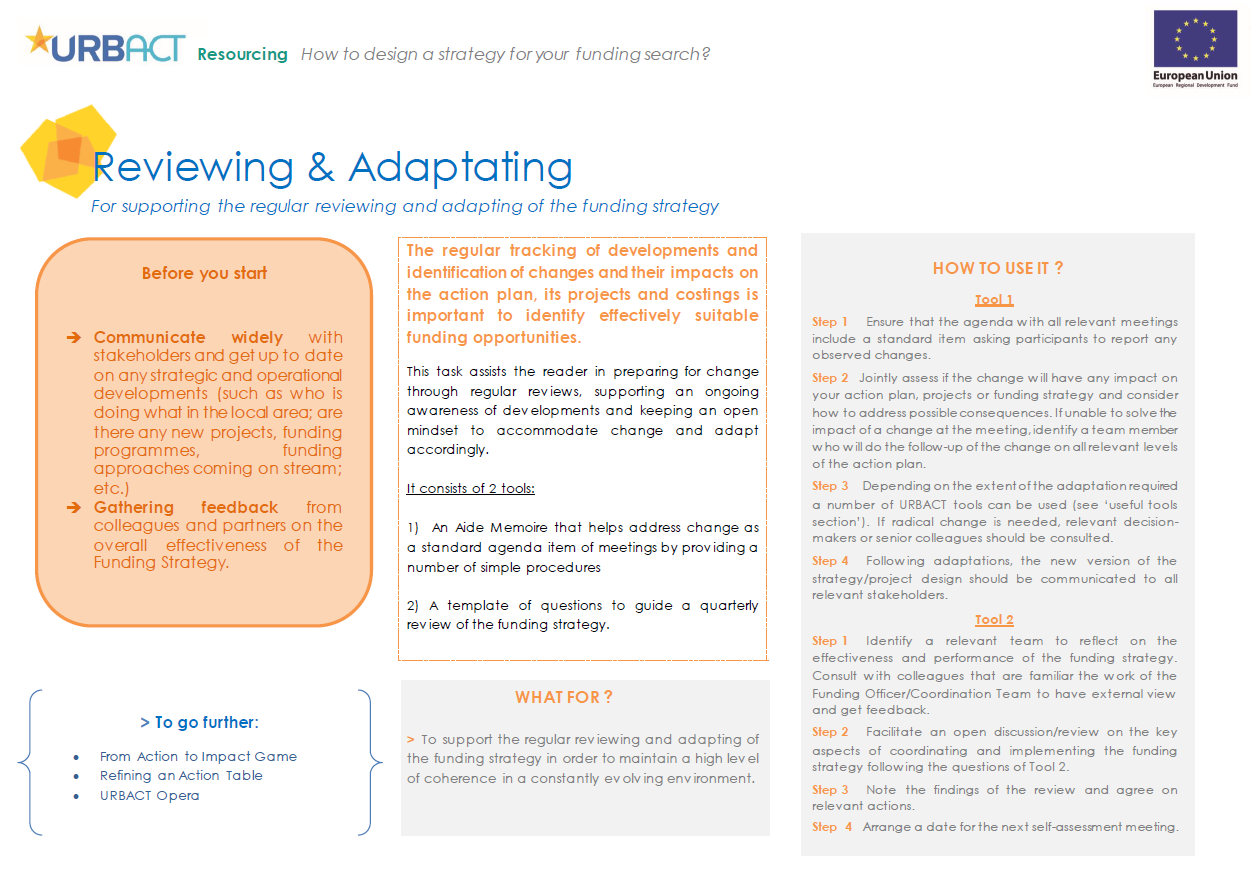 This task consists of 2 tools:
This task consists of 2 tools:
- Tool 1 is an Aide Memoire that helps address change as a standard agenda item of meetings
- Tool 2 provides a template of questions to guide a quarterly review of the Funding Strategy.
Who is the tool for? | When should the tool be used? |
The Funding Coordination Officer/Team The Project design team | The question about any observed changes should be a standard agenda item for all meetings. Subsequently the Funding Strategy should be reviewed every six months or annually. |
Click on the stations to navigate through the Strategy line!
Key challenges of the step
- Change in one area can have an important impact on other areas of your plan or project design and can change opportunities for accessing funding. It is therefore important to track changes regularly and assess their impact across all aspects of project design, costing, and application writing. The bigger the project, the more challenging this task is.
- Deciding which change to report to the rest of the team and which is not so relevant to share could be challenging.
- With regard to an annual review of your Funding Strategy, while a self-assessment approach will be cheaper, it might not be as neutral as that undertaken by an independent evaluation.
Main risks
- A change in project design could have significant impacts on the costings of a project, if this is not tracked thoroughly and relevant adjustments are not undertaken, funding shortfalls might occur.
- When changes to the project design are not tracked comprehensively, the coherence of a project will suffer. Inconsistencies could also be transferred to the project application which will lead potentially to reduced appraisal scores. Lower appraisal scores reduce the chances of an application to be successful.
Helpful tips
- The main purpose of the task is to ensure that the Funding Strategy, its design and implementation is kept in line with important developments in the funding environment. This will help maintain high levels of coherence and relevance so that the strategy stays an efficient and effective document. To install regular action points for the review of the Funding Strategy is therefore advisable.
- Thinking creatively about adapting to a change can lead to new ideas about Funding Opportunities. It is therefore recommended to consider the impact of changes together as a team to capture a wide range of ideas for adjustment. The continuing scanning of new funding opportunities will also help this process.
- During the adjustment process care needs to be taken not to loose project identity and original purpose of a project to address the identified needs in the community (unless, of course these needs have changed).
- Working in partnership and as a team usually is of substantial benefit in helping overcome challenges and for generating new ideas in view of the evolving funding landscape.
- It is important to stay flexible and not be opposed to potentially 'doing things differently'. Alternative funding avenues exist. For example, the capacities of engaged communities to accomplish a lot despite of adversities should not be underestimated including in a fundraising or volunteering capacity.
- Change or disappointment about unsuccessful funding applications is difficult. This situation demands a positive and creative attitude to get back on track. Considering a 'Plan B' or even 'C' from the outset is helpful in this respect.

